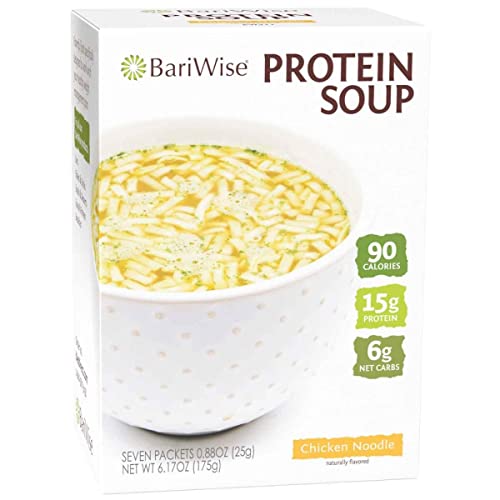OldBroad
Well-Known Member
- Joined
- Dec 4, 2014
- Messages
- 189
This is what Dr. Elariny's office recommends for days 5-28:
8-12 chewable multivitamins with iron
3000 mcg B12 (sublingual)
50,000 IU D3 (sublingual)
50,000 IU A (sublingual, which I haven't found) in two 25,000 IU doses
2000 mg chewable calcium citrate in four 500mg doses
What I bought:
TwinLab Bariatric support chewable multivitamins
Jarrow Formulas Methyl B-12 lozenges (1000 mcg each)
TwinLab Mega D3 Dots (5000 IU each)
Nature's Plus Water-Dispersable Vitamin A tablets 10,000 IU each
The Vitamin Shoppe Calcium Citrate tablets 250 mg each
The last two items I figured I would grind up and sprinkle in food.
Does anyone have any suggestions about whether this sounds like a good set of supplements for the first few weeks? I will post separately about the post-week four supplements recommended.
Rachael
(DS Scheduled 4/6/2015)
8-12 chewable multivitamins with iron
3000 mcg B12 (sublingual)
50,000 IU D3 (sublingual)
50,000 IU A (sublingual, which I haven't found) in two 25,000 IU doses
2000 mg chewable calcium citrate in four 500mg doses
What I bought:
TwinLab Bariatric support chewable multivitamins
Jarrow Formulas Methyl B-12 lozenges (1000 mcg each)
TwinLab Mega D3 Dots (5000 IU each)
Nature's Plus Water-Dispersable Vitamin A tablets 10,000 IU each
The Vitamin Shoppe Calcium Citrate tablets 250 mg each
The last two items I figured I would grind up and sprinkle in food.
Does anyone have any suggestions about whether this sounds like a good set of supplements for the first few weeks? I will post separately about the post-week four supplements recommended.
Rachael
(DS Scheduled 4/6/2015)























